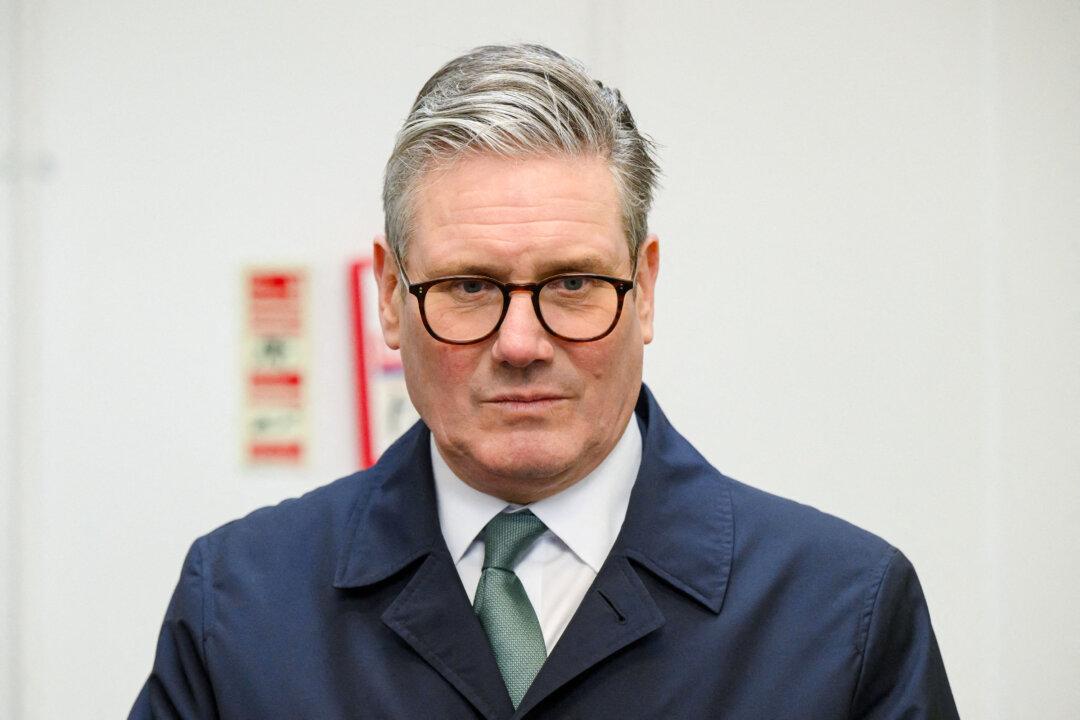British Prime Minister Keir Starmer said on Feb. 16 that he is prepared to send troops to Ukraine if needed to enforce a potential peace deal that will end Russian aggression against Ukraine.
Starmer wrote in the Daily Telegraph that the UK is “ready to play a leading role” in securing a lasting peace in Ukraine, even if it means putting British servicemen and women “in harm’s way.”





